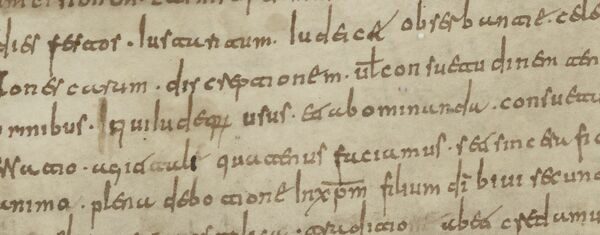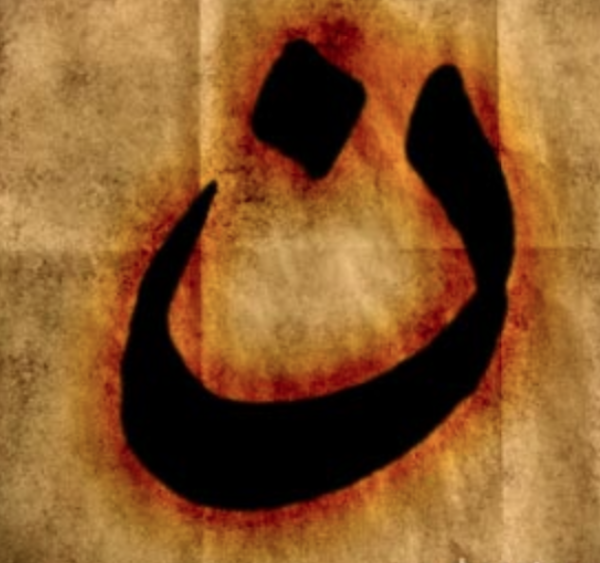
Early medieval people could and did differentiate ‘religion’ from ‘not religion’ when it suited them to do so. These secularizing strategies are no less historically significant for being situational and often fleeting.

Many of my friends on social media have changed their profile pictures to the Arabic N to indicate their support for and solidarity with Christians who are currently being persecuted in the Middle East. A White House petition calling for the United States Government to offer support to Christians in Iraq has over 41,000 signatures at the time that I am writing this, and is quickly adding more. . . . How should Christians feel about all of this?

Judith Butler’s Parting Ways proposes a “Jewish” critique of state violence. But to my mind its real success is in arguing persuasively for a model of identity that places relationality and dispossession at the heart of human political experience. She forges her claim through readings of 20th century thinkers all touched by persecution and the experience of statelessness. These include Jews and non-Jews alike.

